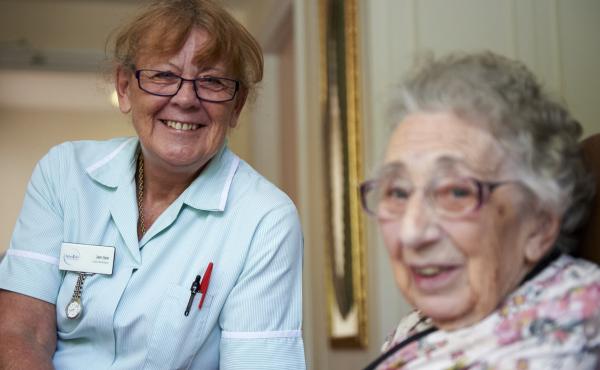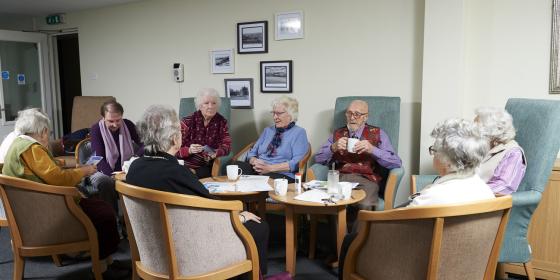 Older Carers
Older Carers
It is vitally important that people have the chance to get to know and trust the individuals caring for them. This is undermined if carers change so frequently they feel like strangers. Endemic low pay, poor opportunities for career development and progression have made it extremely difficult to recruit and retain social care workers in sufficient numbers.
There are currently more than 112,000 vacancies in social care, and if the workforce is to grow in line with demographic changes then there will be an additional 520,000 social care roles to fill by 2035.The national turnover rate in adult social care is 30.4%, equivalent to approximately 430,000 leavers in the last year.
There are many reasons for this. While there have been some improvements in pay over the last decade (due to the introduction of the National Living Wage) it is still the case that hospitality and retail jobs often pay equivalent or more for arguably much less demanding work. More than half of care workers in domiciliary care are on zero-hour contracts, which while providing flexibility that suits some, also give little stability.Pay progression is also poor: a care worker with five or more years of experience can expect to earn just 12 pence more per hour than a care worker with less a year of experience.
The impact of this for older people using the care system is that there is often little continuity in the carers they see, meaning they have very limited opportunity to build up a relationship with those who are assisting with intimate tasks such as washing and dressing. Older people also tell us their care can often feel rushed, and short visits mean the care they receive is very basic and transactional. Squeezed local authority budgets mean the price paid per hour to providers in their contracts is suppressed and there is little slack in the system to allow people to provide high quality care.
Our policy calls
- Government must publish a comprehensive workforce strategy, akin to the People Plan for the NHS.
- Wages must be increased to reflect the complex and demanding work that professional carers do. There must also be pay parity between the NHS and social care for equivalent roles.
- Professionalisation of the care sector which should include establishing a registration model to bring England in to line with Scotland, Wales and Northern Ireland. Government and care providers also need to work together to develop clear career pathways in social care, including a system of portable, accredited training.
- Government must bring forward an immigration system that will enable a route for care workers form overseas, as it is unlikely we can fill gaps with domestic recruitment alone.

 Accessing Quality Care
Accessing Quality Care